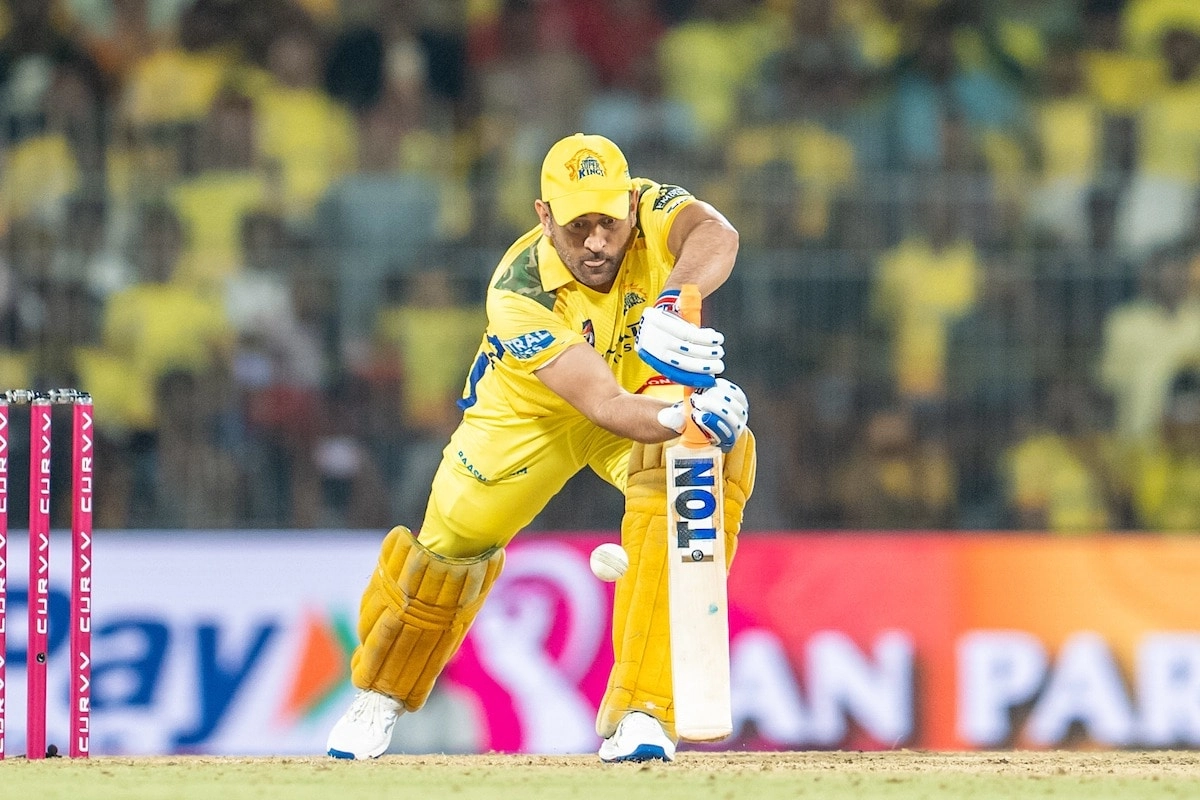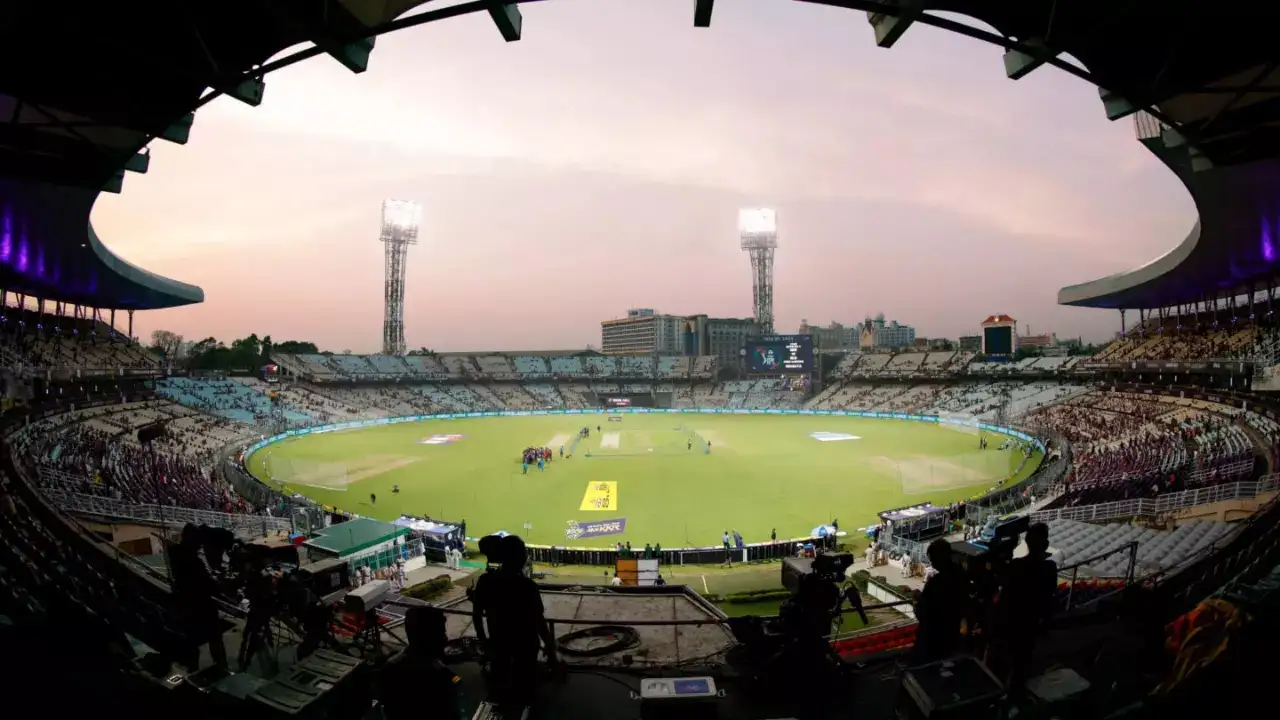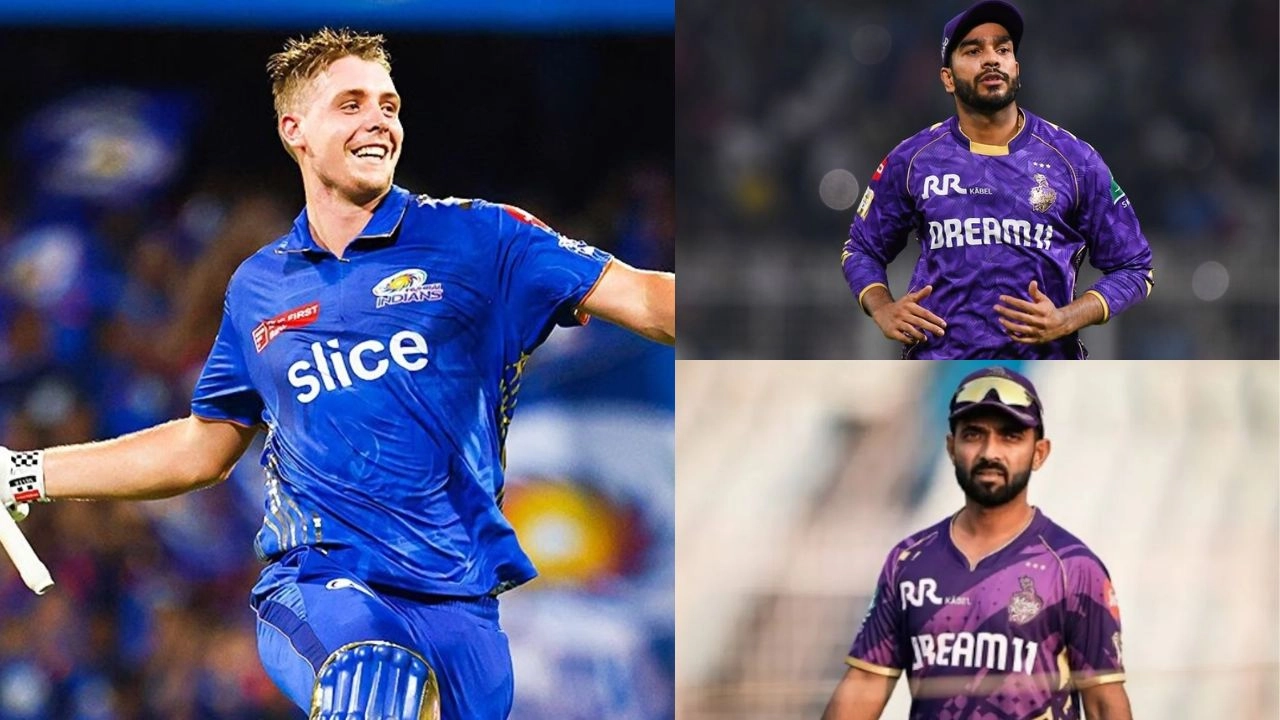Wrestler Aman Sehrawat has formally requested the Wrestling Federation of India (WFI) to reconsider the ban imposed on him, acknowledging that he made a mistake. This appeal comes in the wake of a significant disciplinary action that has affected his career and aspirations in the sport. Sehrawat’s admission of error reflects a level of accountability that many athletes might shy away from, and it highlights the importance of personal growth and learning from one’s missteps. The ban, which has generated considerable media attention, has not only impacted his training and competition schedule but has also raised questions about the governance and support structures within Indian wrestling.
In his appeal, Sehrawat expressed a sincere desire to return to the mat, emphasizing his commitment to the sport and his determination to represent India on international platforms. He understands the gravity of his actions and the consequences they have had, not only for himself but also for his teammates and the broader wrestling community. By reaching out to the WFI, he is taking a proactive step towards redemption, seeking an opportunity to demonstrate his dedication and passion for wrestling. This situation serves as a reminder of the challenges athletes face, both on and off the field, and the critical role that governing bodies play in fostering an environment of fairness and second chances.
The wrestling community has largely supported Sehrawat’s request, advocating for a more rehabilitative approach rather than a punitive one. Many believe that every athlete deserves the chance to learn from their mistakes and make amends. The discourse surrounding his ban has illuminated the need for clearer guidelines and support mechanisms for wrestlers navigating the pressures of competition and personal conduct. As the WFI deliberates on Sehrawat’s appeal, it will be essential for the organization to consider the implications of their decision, not only for him but for the integrity and future of wrestling in India. The outcome of this situation could set a precedent for how similar cases are handled, balancing accountability with compassion for athletes striving for excellence.
Ultimately, Aman Sehrawat’s request for reconsideration is more than just a plea for personal redemption; it is a call for understanding within a sport that demands not only physical prowess but also mental resilience. His journey, marked by this challenge, may inspire other athletes to reflect on their own paths and the importance of learning from adversity. The WFI’s response to his appeal will not just shape Sehrawat’s future but could also influence the trajectory of Indian wrestling as it seeks to cultivate a culture of responsibility, growth, and respect for the sport.




